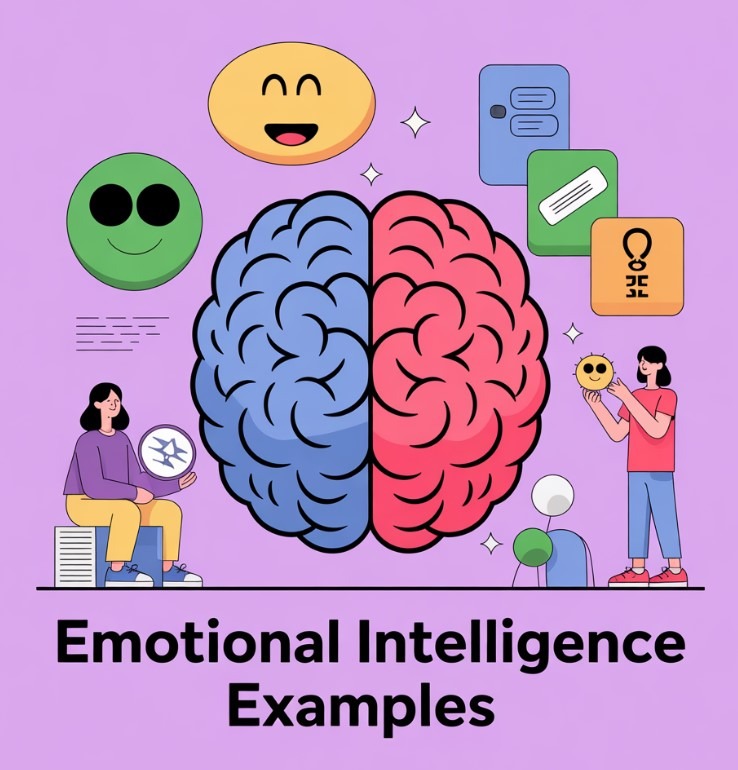Key Concepts of Social Intelligence
- Social intelligence involves the ability to navigate complex social environments, interpret the behaviors of others, and respond appropriately in diverse interactions.
- Unlike emotional intelligence, which centers on recognizing and managing emotions, social intelligence emphasizes understanding social cues, building networks, and adapting to group dynamics.
- Important elements include social awareness, interpersonal skills, and the capacity to foster cooperation among individuals with different backgrounds.
Core Components of Social Intelligence
| Component | Description |
|---|---|
| Social Awareness | Recognizing social contexts, group norms, and unwritten rules. |
| Relationship Building | Establishing trust, rapport, and mutual respect in various settings. |
| Adaptability | Adjusting communication style to suit different audiences and situations. |
| Influence | Persuading, motivating, and guiding others toward shared objectives. |
| Conflict Management | Resolving disputes constructively and maintaining group harmony. |
Social Intelligence in Professional Environments
Workplace Applications
- Socially intelligent employees excel at networking, mediating disputes, and facilitating teamwork.
- They are adept at reading the room during meetings, sensing underlying tensions, and adapting their approach to maintain productivity.
- Organizations benefit from employees who can bridge cultural gaps and foster inclusive collaboration.
Observable Behaviors in Socially Intelligent Workplaces
- Open, respectful exchanges of ideas, even during disagreements.
- Leaders who actively seek diverse opinions and build consensus.
- Teams that quickly recover from setbacks by leveraging collective strengths.
- Informal mentoring relationships that support professional growth.
Leadership and Social Intelligence
Modern Leadership Traits
| Traditional Leadership Focus | Socially Intelligent Leadership Focus |
|---|---|
| Authority and control | Empowerment and shared decision-making |
| Task orientation | Relationship and trust building |
| Directive communication | Active listening and open dialogue |
| Individual achievement | Team and community development |
- Leaders with high social intelligence foster environments where employees feel heard and valued.
- They recognize the impact of group dynamics on performance and adjust strategies to maintain engagement.
- Effective leaders model inclusive behaviors, encouraging others to do the same.
Strategies for Leaders to Enhance Social Intelligence
- Regularly solicit feedback from team members to understand group sentiment.
- Facilitate cross-functional projects to build interdepartmental relationships.
- Address conflicts early by mediating discussions and finding common ground.
- Celebrate team achievements to reinforce a sense of belonging.
Social Intelligence in Education
Classroom Practices
- Teachers with strong social intelligence create inclusive learning spaces where students feel comfortable participating.
- They notice shifts in group mood and adjust lesson plans to maintain engagement.
- Socially intelligent educators encourage peer collaboration, helping students develop their own social skills.
Examples of Social Intelligence in Schools
- Group projects that require negotiation and shared responsibility.
- Classroom discussions that value diverse perspectives and encourage respectful debate.
- Systems for peer mentoring and support networks among students.
Comparison Table: Emotional vs. Social Intelligence
| Aspect | Emotional Intelligence (EQ) | Social Intelligence (SQ) |
|---|---|---|
| Main Focus | Understanding and managing emotions | Navigating social situations |
| Key Skills | Self-awareness, self-regulation, empathy | Social awareness, relationship building |
| Workplace Impact | Personal well-being, conflict resolution | Teamwork, networking, organizational culture |
| Leadership Style | Motivating through empathy | Inspiring through group cohesion |
| Educational Application | Emotional regulation activities | Group collaboration and peer learning |
Practical Steps to Develop Social Intelligence
- Participate in group activities outside your usual circles to broaden your perspective.
- Practice observing nonverbal cues in different social settings.
- Seek feedback on your communication style and adapt based on responses.
- Engage in community service or volunteer work to enhance empathy and social understanding.
Summary Table: Actionable Tips
| Area | Actionable Tip |
|---|---|
| Workplace | Initiate team-building exercises |
| Leadership | Hold regular open forums for feedback |
| Education | Integrate collaborative assignments |
| Personal Growth | Attend workshops on intercultural communication |
By focusing on social intelligence, individuals and organizations can create more harmonious, productive, and inclusive environments that extend beyond the management of emotions to the mastery of social interactions.
